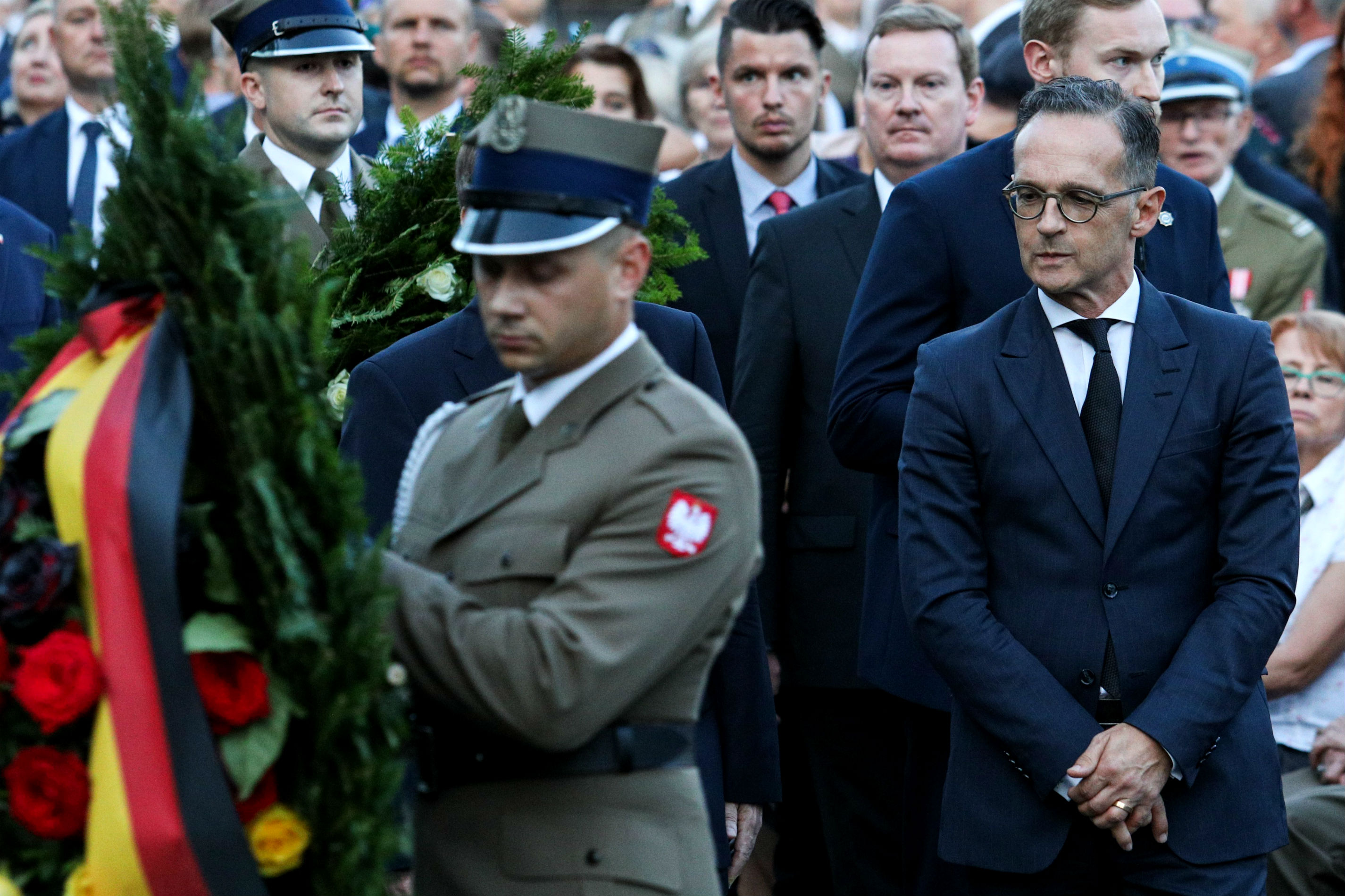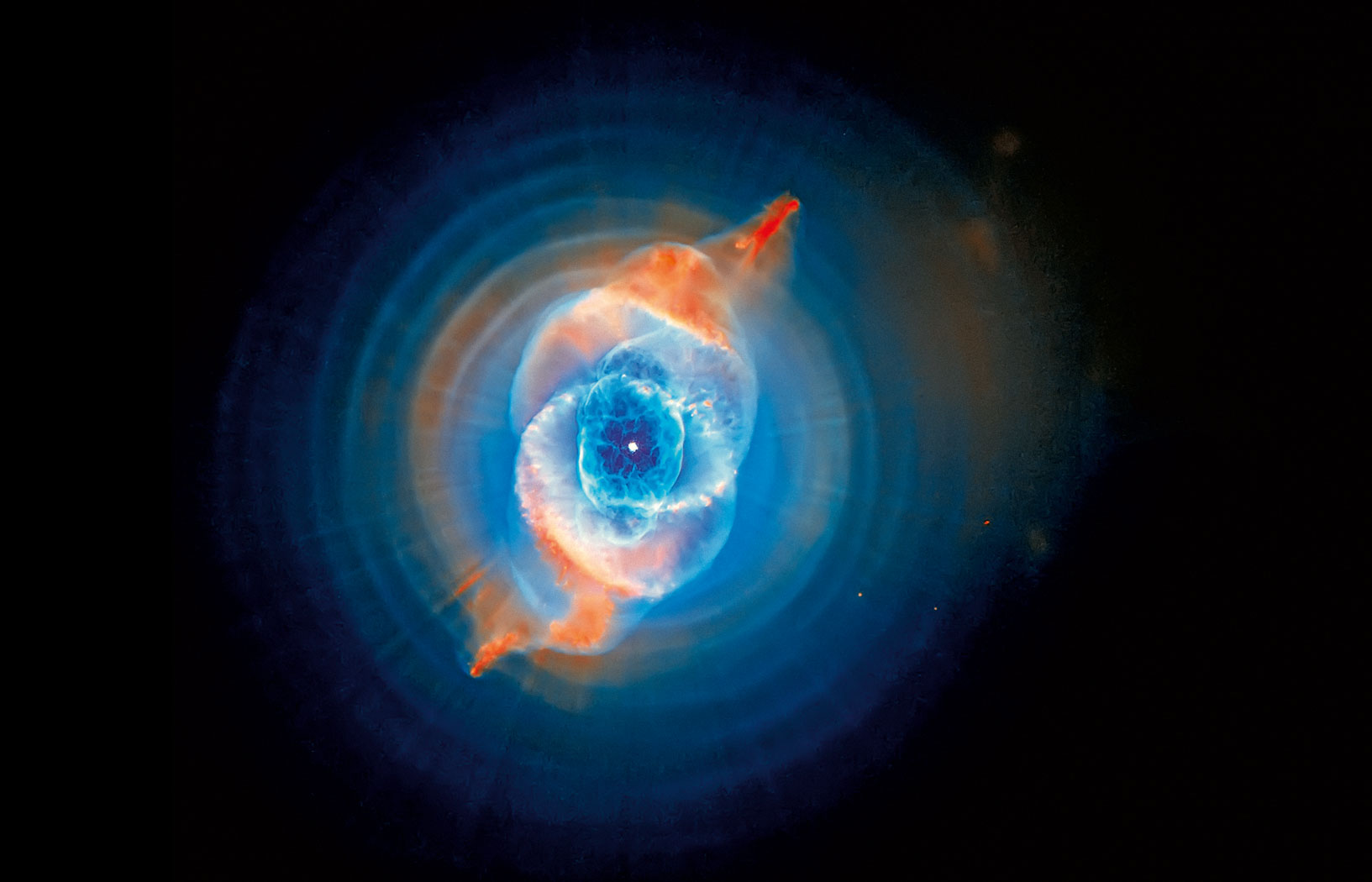After the Russian invasion of Ukraine, Chancellor Olaf Scholz (SPD) announced a “turning point” in policy towards Russia. However, Ulrich Schlie, historian and former high official of the Ministries of Foreign Affairs and National Defense for many years, does not see a real deviation from the pro-Russian policy pursued by Germany, he said. he said in an interview with the daily Welt.
As Schlie recalled, Bruno Kahl, the head of the Federal Intelligence Service (BND), wanted to go to Kyiv on February 23 to hold urgent talks on the current situation. However, he was surprised by the invasion of Russia and had to quickly change his plans. “Ironically, the head of the German secret service, who should have known better, was surprised by the Russian attack on Ukraine. (…) It seems that the communication between the Ministry of Foreign Affairs and the intelligence services does not didn’t work,” Schlie noted. .
“This incident says a lot about our system. The fact that the Germans made such a misstep with the departure of the BND leader in Kyiv is not an isolated case. It is symptomatic of an indolent and opaque political establishment whose policy towards Russia has been proven wrong, especially in the assessment war in Ukraine,” Schlie said. According to him, “the fact that Germany is only now slowly breaking away from its traditional proximity to Russia is the result of strategic deficits in politics”.
A month after the attack, Chancellor Olaf Scholz (SPD) argued that he was not surprised by Russia’s attack on Ukraine and that the government had “prepared for a long time” with energy supply plans ready. “Today we know it was completely different. How to deal with Ukraine was as unclear as the arms supply. On energy, Scholz and Economy Minister Robert Habeck began a desperate search for Russian gas substitutes around the world,” Schlie recalls.
Germany and the countries of Western Europe do not see the signs of the times. “The war in Ukraine awoke them and shattered their world, which they ignored. Until now, it was believed that problems at the international level could be solved through negotiations and sanctions. Now it becomes clear that leaders like Vladimir Putin cannot be stopped by diplomacy” – added. “For Putin, the conquest of Ukraine was to be the culmination of his foreign policy and ultimately to consolidate Russia’s role as a world power. Europe, and especially Germany, failed to adapt in time to this new world order,” Schlie said.
According to him, Angela Merkel (CDU) never took decisive action in foreign policy during her 16 years in office with regard to Putin. “With the help of her coalition partner the SPD, she pushed the Nord Stream 2 project forward and stuck with it to the end, even though it created a predictable increase in dependence on the Russia,” he said.
Germany’s good relations with the Kremlin date back to the days of Gerhard Schroeder (SPD), who became Chancellor in 1998 and ruled for 7 years. It was he who established close contacts with Putin, which were taken over by Merkel’s government and her Foreign Minister Frank-Walter Steinmeier (SPD). Steinmeier, in turn, has employed Jens Ploetner as a foreign affairs adviser for several years. The 55-year-old politician is seen as “a co-author of Steinmeier’s overly reckless policy towards Russia”, and in 2021 he became Chancellor Scholz’s foreign and security policy adviser. “The result is a continuation of the pro-Russian German policy,” said Ulrich Schlie.
“To change anything in this system, you have to break old habits. Until that happens, the breakthrough announced by Scholz is of little importance” – concluded Schlie.







